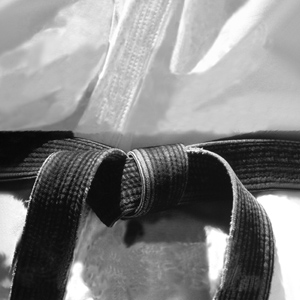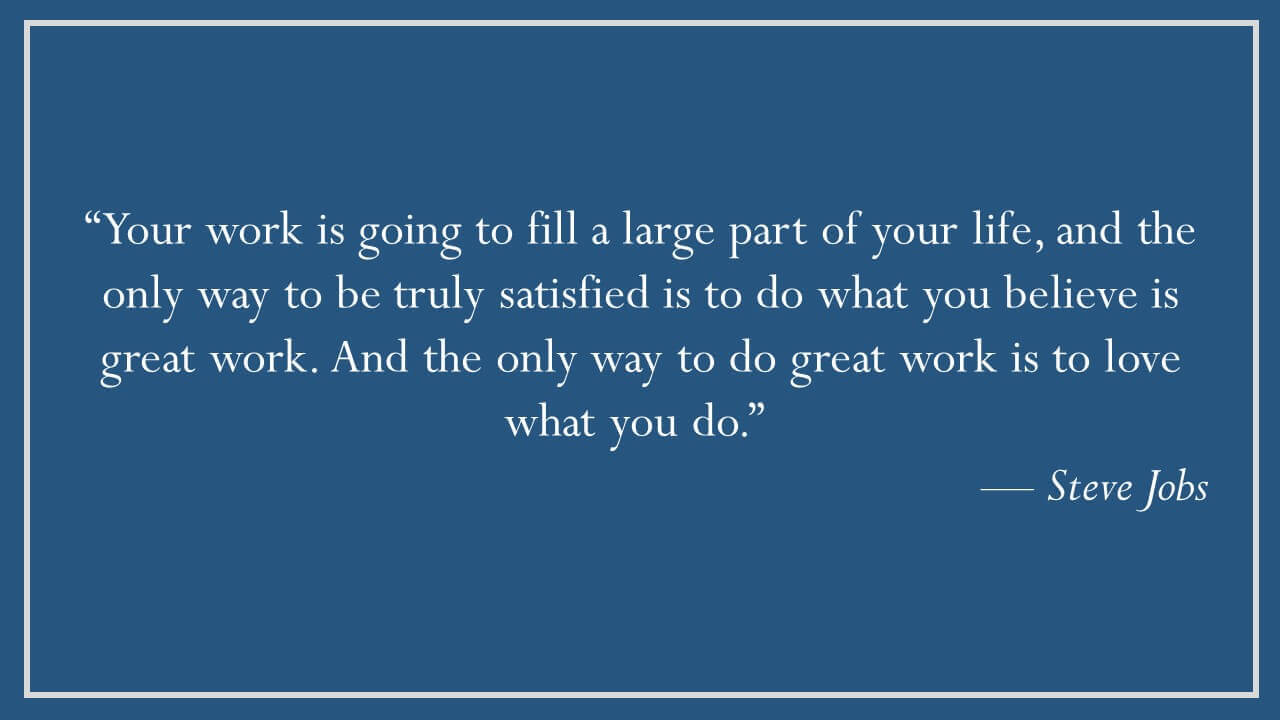Congratulations! You’re ignorant!
I had an algebra teacher in high-school that, when we answered a question correctly, would respond, “Congratulations! You’re ignorant!” Now, that might not seem like the most flattering compliment for a job well-done, but from him we considered it high praise. He had explained earlier in the year that the more we learn, the more we realize we don’t know – hence, the more ignorant we become!
His point was that no matter how much we learn, there will always be so much more that we don’t know. Pointing out our increased “ignorance” was his way to encourage us to continually seek learning and additional knowledge and to keep us from reaching the point where we thought we “knew enough.”
I’ve tried to carry that advice with me into the workplace. When I first began working in the software engineering field as a QA analyst, and later as an application architect, I was completely dependent on the examples of others to help get me started and to the point of self-sufficiency. I was a sponge – always observing what those around me did that I liked and thought I could incorporate into my way of doing things.
Since those early days, and despite my teacher’s advice, I think I’ve occasionally fought complacency, and based on discussions with others, I think this is a common enough occurrence. After a while of doing something “well enough” and seeing a certain degree of success, we might lose some of the hunger and some of the “edge” we need to constantly improve and reach our professional potential.
That notion brings to mind something I read recently in The Aikido FAQ: Shu Ha Ri.
Aikido and Learning from Others
Akido, per Wikipedia, is a Japanese martial art “performed by blending with the motion of the attacker and redirecting the force of the attack rather than opposing it head-on.” The FAQ includes some wisdom that, though originally provided for practitioners of the martial art, is equally applicable for business and technology professionals. In fact, the author points out that, “[t]he application of Shu Ha Ri is not confined to the study of a martial art or way, but can also serve as a model of any sort of learning.”
From the FAQ:
As You develop a reasonable repertoire of techniques that You can perform correctly, You will need to expose yourself to as broad a range of practitioners as possible. As You watch others, You need to ask and answer at least three questions:
1. Which other practitioners do I respect and admire?
2. How is what they do different from what I do?
3. How can I change my practice … to incorporate the differences that I think are most important?
I think this is excellent advice, and I’ve tried to follow it over the years. One of the primary reasons I began blogging was to motivate me to expose myself “to as broad a range of practitioners as possible”, by investing more time reading the works of fellow practitioners via blogs and articles and books written by industry thought leaders such as Wiegers, Cockburn, and many others.
Participating in online discussion forums and the occasional networking event also provide opportunities to learn from other practitioners.
Co-workers and other mentors that we work with day-to-day are not to be taken for granted, either. In my case, they’ve offered a rich variety of ideas and techniques that have influenced my professional knowledge and work for the good. It’s great to just compare notes and debate the finer points of topics from methodology to strategy to organizational structure.
Now for the punchline…
So, what was my point in writing this post? In a way, I guess it’s to express appreciation to those who have made their knowledge and experiences available via blogs, articles, books and discussions (my readers included!), and to encourage those who read my stuff to consider the counsel of the algebra teacher, the martial artist, and sometimes even the guy who blogs about business analysis!
As is the case with algebra, I’ve found that the more I learn about software engineering, the more I realize I don’t know, and I continue look forward to becoming just a little more ignorant every day.






I love this perspective and totally agree that we need to get out there and see other ways of doing things more often. Especially as the role of BA is continually being defined, it is important that we find for ourselves what we want to be and do (and what we don’t want to be and do).
Thanks for blogging…your perspective is much appreciated.
Ashli
Hey man. I’ve been a lurker on your blog for quite some time. Great post. I feel like we all have some math teacher in our past who has taught us something profound. I appreciate your blog and hope you continue. There’s all kinds of good stuff in here.
Ashli –
Thanks for the comment and the kind words. I really appreciate the feedback.
Todd –
Great to hear from you! Thanks for stopping by and commenting, and I’m glad you’ve been able to find a thing or two here of use! Hope all is going well with you and the family and that we’ll get to visit again before too long.
I enjoyed the Aikido Shu Ha Ri, it's a valuable reminder of the rewards of listening and observing, and the pitfalls if we don't.
Thanks for the comment, Joe.
I thought so, too. The whole FAQ is really interesting and informative whether you apply it to Akido, the workplace, or any other aspect, for that matter.
Thanks, Martin, and welcome. Was actually just reading some more from your blog. BTW – the requirements night video is hilarious!
Jonathan,
This one went straight to Twitter. I'm thinking we're gonna learn a lot from each other. I like your thinking.